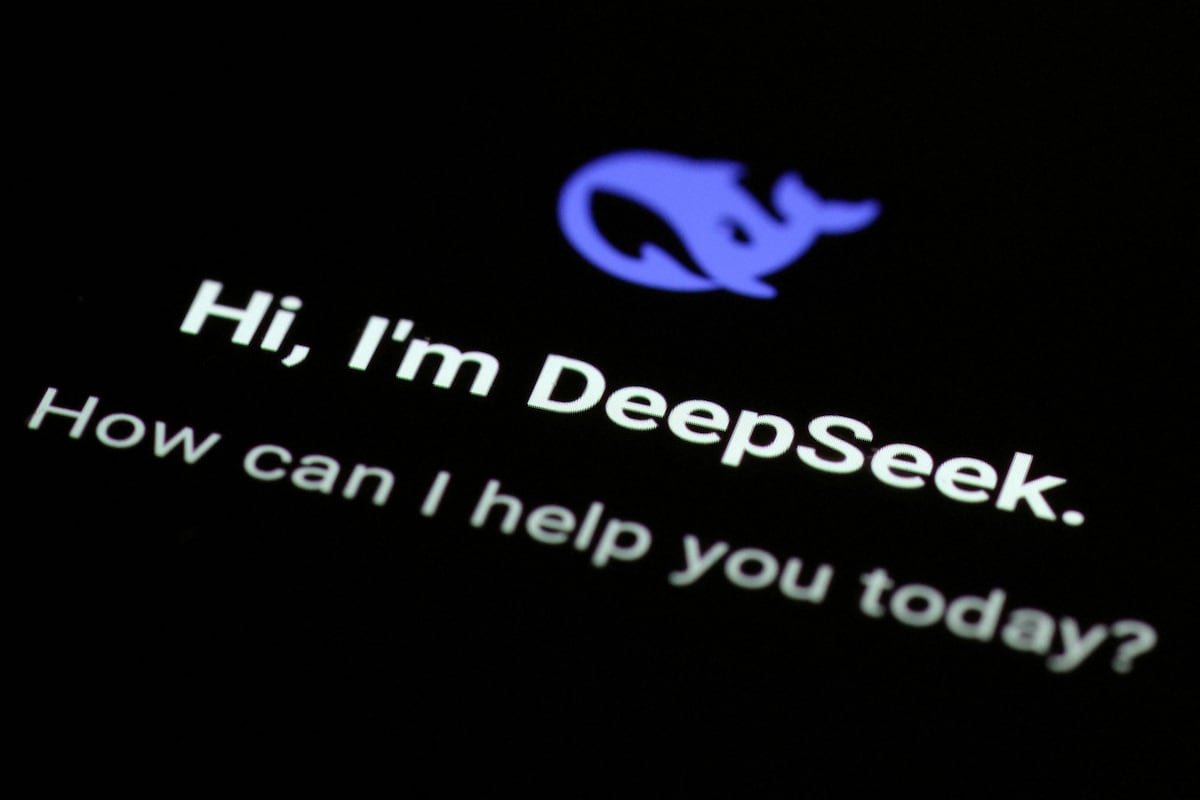OpenAI’s artificial intelligence (AI) chatbot ChatGPT was introduced to the general public exactly a year ago. It became the fastest growing app ever with 100 million users by the end of the second month. Today, it is available to over a billion people through Microsoft’s Bing Search, Skype and Snapchat – and it is estimated that OpenAI will collect over a billion US dollars in annual revenue.
We have never seen any technology expand so rapidly before. It took almost a decade for most people to start using the Web. But this time the preparations were already present.
As a result, Chatgpt’s influence went far beyond writing poems about Carroll’s retirement in the style of Shakespeare. This has given many people a taste of our AI-powered future. Here are five ways this technology has changed the world.
1. AI Security
ChatGPT forced governments around the world to understand the idea that AI poses significant challenges – not just economic challenges, but also social and existential challenges.
US President Joe Biden put the US at the forefront of AI regulations with a presidential executive order that sets new standards for AI safety and security. It aims to improve equality and civil rights, as well as foster innovation and competition, and American leadership in AI.
Soon after, the United Kingdom held the first intergovernmental AI security summit at Bletchley Park – the place where the computer used to crack the German Enigma code in World War II was born.
And more recently, the EU appears to be abandoning its early lead in regulating AI, as it struggled to adapt its AI Act to the potential risks posed by marginal models like ChatGPT.
Although Australia is lagging behind in terms of regulation and investment, countries around the world are increasingly devoting their money, time and attention to addressing this issue, which didn’t even cross most people’s minds five years ago.
2. Job security
Before ChatGPT, it was probably car workers and other blue-collar workers who feared the arrival of robots the most. ChatGPT and other generative AI tools have changed this scenario.
Even white collar officials like graphic designers and lawyers are now worried about their jobs. A recent study by the online job marketplace found that earnings for writing and editing jobs have declined by more than 10% since ChatGPT launched.
There is great uncertainty about whether AI will eliminate more jobs than it creates. But one thing is now certain: AI will be extremely disruptive to the way we work.
3. End of the essay
The education sector reacted somewhat hostilely to the arrival of ChatGPT, with many schools and education authorities issuing immediate bans on its use. If ChatGPT can write essays, what about homework?
Of course, we don’t ask people to write essays because there is a shortage of them, or even because many jobs require it. We ask them to write essays as it requires research skills, improves communication skills, critical thinking and domain knowledge. No matter what ChatGPT offers, these skills will still be needed, even if we spend less time developing them.
And it is not that only school children are cheating with AI. Earlier this year, a US judge fined two lawyers and a law firm US$5,000 for a court filing written with ChatGPIT that also included fake legal citations.
I imagine these are growing pains. Education is one area for which AI has a lot to offer. For example, large language models like ChatGPT can be made excellent Socratic tutors. And intelligent learning systems can be infinitely patient when generating precisely targeted review questions.
4. Copyright Anarchy
that’s personal. Authors around the world were outraged to learn that many of the largest language models, such as ChatGPT, were trained on hundreds of thousands of books downloaded from the web without their consent.
The reason AI models can communicate fluently about everything from AI to zoology is because they have been trained on books about everything from AI to zoology. And books about AI also include my own copyrighted books.
Ironically, an AI professor’s books about AI are being controversially used to train AI. There are several lawsuits ongoing in the US to determine whether this violates copyright laws.
ChatGPT users have also reported instances where chatbots have reproduced entire sections of text taken from copyrighted books verbatim.
5. Misinformation and disinformation
In the short term, the challenge that concerns me most is the use of generic AI tools like ChatGPT to generate misinformation and disinformation.
This concern extends beyond synthetic text to deepfake audio and video that are difficult to detect. A bank has even been robbed using AI-generated clone voices.
Elections also seem to be in danger now. Deepfakes played an unfortunate role in the 2023 Slovak parliamentary election campaign. Two days before the election, a fake audio clip about electoral fraud purportedly featuring a well-known journalist from an independent news platform and the chairman of the Progressive Slovakia Party reached thousands of social media users. Commentators have suggested that such fake content could have a significant impact on election results.
According to The Economist, more than four billion people are going to vote in various elections next year. What happens in elections when we combine the reach of social media with the power and persuasion of AI-generated fake content? Will it unleash a wave of misinformation and disinformation on our already fragile democracies?
It is difficult to predict what will happen next year. But I suggest we gear up now.




